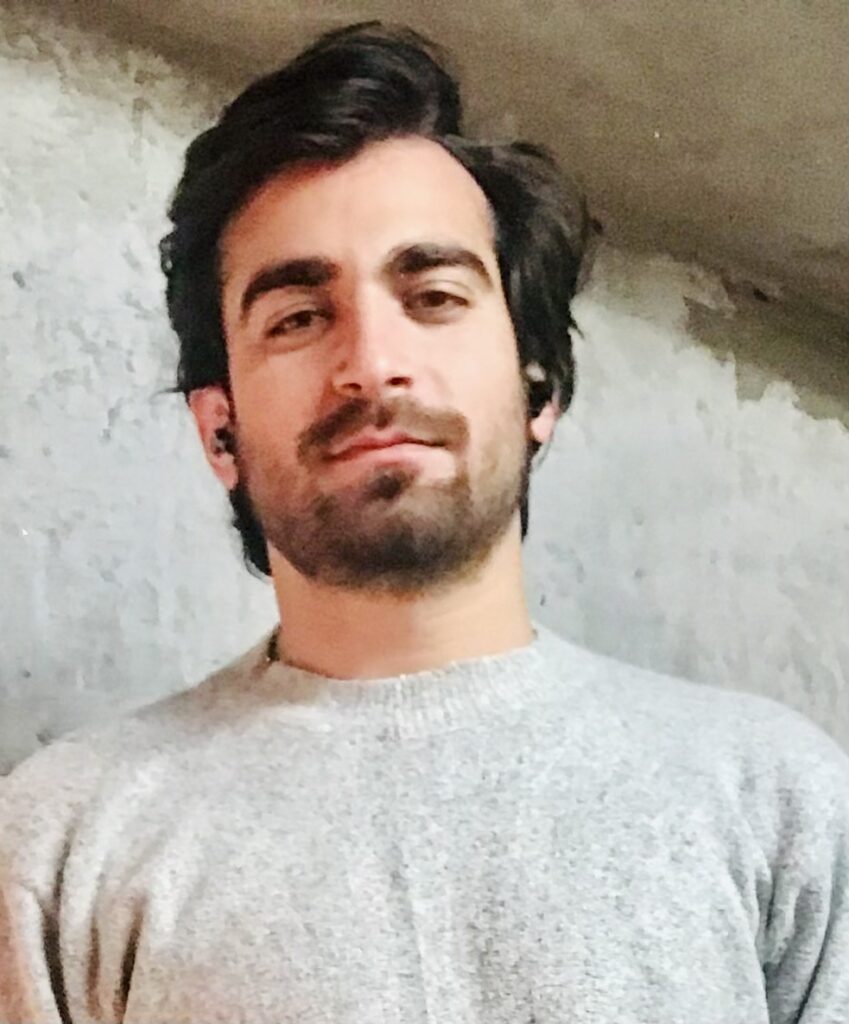Introduction
Ever finished a big meal and thought, “Okay, I’m full… but a little pizza won’t hurt”? Or maybe you’ve caught yourself reaching for chocolate right after dinner, even when you can barely breathe? You’re not alone. Millions experience this strange paradox daily: being full yet craving junk food.
But why does this happen? Is it just lack of willpower? Or is there something deeper going on inside our brain and body?
In this article, we’ll uncover the science of cravings, explore why your mind wants junk food even when your stomach says STOP, and give you practical strategies to manage these irresistible urges.
Why Do I Crave Junk Food Even When I’m Full?
Here’s the short answer: It’s not your stomach—it’s your brain. Junk food cravings are driven by powerful biological, psychological, and even social triggers that have little to do with actual hunger.
Let’s break this down.
1. The Brain’s Reward System Loves Junk Food
When you eat something salty, sweet, or fatty, your brain releases dopamine, the “feel-good” neurotransmitter. Studies published in Nature Neuroscience show that highly processed foods activate the brain’s reward circuit the same way addictive substances do.
Even if your stomach is full, your brain remembers the pleasure from past junk food experiences and wants to repeat it. This is called hedonic hunger—eating for pleasure, not survival.
✔ Example: Ever wonder why ads for fries or cookies make your mouth water even after dinner? That’s your dopamine-driven reward system lighting up.
Further Reading: Harvard Health – Why We Crave Junk Food
2. Evolutionary Survival Instincts
Our ancestors lived through famines. Their brains evolved to seek high-calorie foods whenever available. Today, that same survival mechanism backfires because junk food = high calories in a small package.
So, even when you’re full, your brain might think: “Better store this energy, just in case.” Unfortunately, it doesn’t know you live in the age of 24/7 food delivery.
3. Sugar, Salt, Fat: The “Bliss Point”
Food scientists have perfected junk food to hit your bliss point—the ideal combo of sugar, salt, and fat that triggers maximum pleasure. According to research by Dr. Michael Moss (Salt Sugar Fat), this combo is engineered to override your satiety signals, making you crave even when you’re stuffed.
✔ That’s why a bag of chips or a donut feels irresistible after a full meal. It’s not hunger—it’s chemistry.
4. Emotional Eating & Stress Response
Ever noticed how stress, boredom, or sadness pushes you toward pizza, not broccoli? Stress increases cortisol, which makes high-calorie foods more appealing. A study in The Journal of Clinical Endocrinology & Metabolism confirms that emotional states often override fullness cues.
So when you’re emotionally charged, your brain craves comfort—not nutrients.
5. Marketing & Environmental Cues
Bright packaging, social media food reels, catchy ads—these aren’t harmless. Research in Appetite Journal shows that visual cues alone can trigger cravings even if you’ve eaten. That “late-night burger ad” is designed to make you think you’re hungry when you’re not.
✔ Tip: Unfollow food pages if they make you snack unnecessarily.
6. Habit Loops & Conditioned Responses
Craving junk food after dinner? It might just be habit. If you regularly reward yourself with dessert post-meal, your brain forms a conditioned loop: Meal → Dessert → Dopamine hit.
Breaking this requires conscious habit rewiring, not just willpower.
How to Stop Craving Junk Food When You’re Full
Now that we know the “why,” here’s the how:
- Pause & Identify: Ask, Am I physically hungry or emotionally craving?
- Swap the Stimulus: Craving sweet? Try fruit or dark chocolate.
- Stay Hydrated: Thirst often mimics cravings.
- Sleep Enough: Sleep deprivation increases cravings by up to 24% (study: Sleep Journal).
- Mindful Eating: Eat slowly, enjoy the taste—less need for extra pleasure food.
Conclusion
Craving junk food when you’re full isn’t weakness—it’s biology, psychology, and clever marketing at play. Your brain is wired to seek pleasure and store energy, even when your body doesn’t need more. Understanding these triggers is the first step to regaining control.
Next time you find yourself staring at that pack of cookies post-meal, ask: “Do I really need this—or is my brain just chasing a dopamine hit?”
So tell me—what’s your go-to junk food when you’re already full? And now that you know the science, will you still reach for it?


1 thought on “Stuffed but Still Want Chips? Here’s Why Your Brain Loves Junk Food”